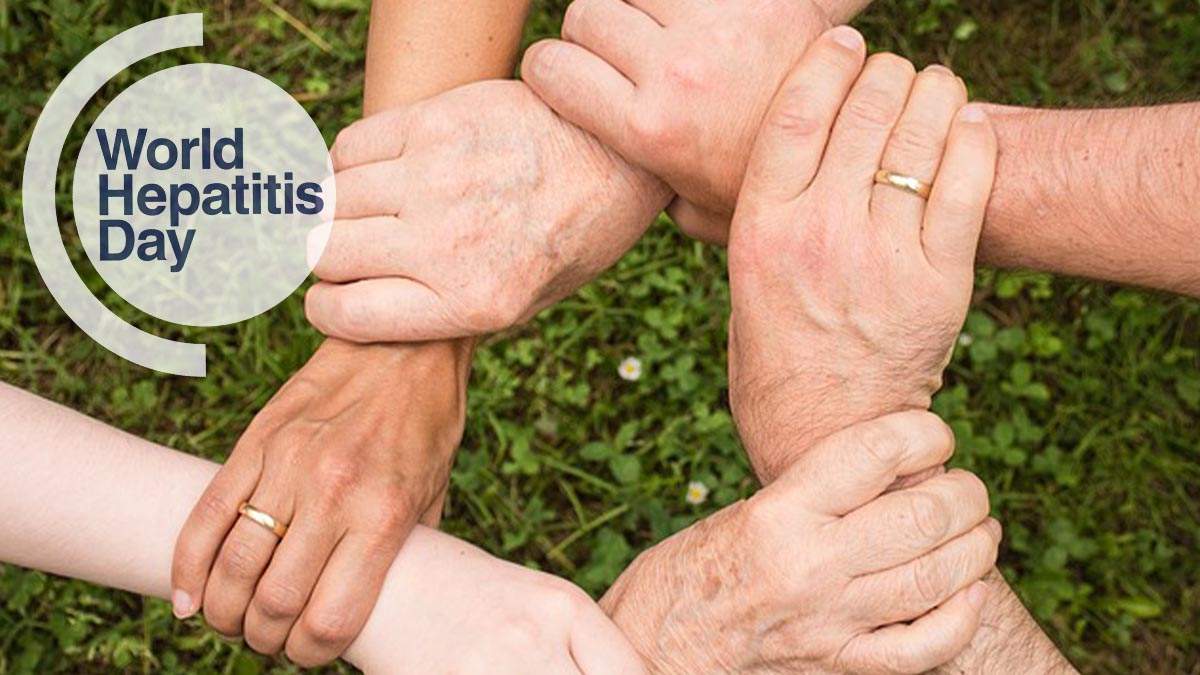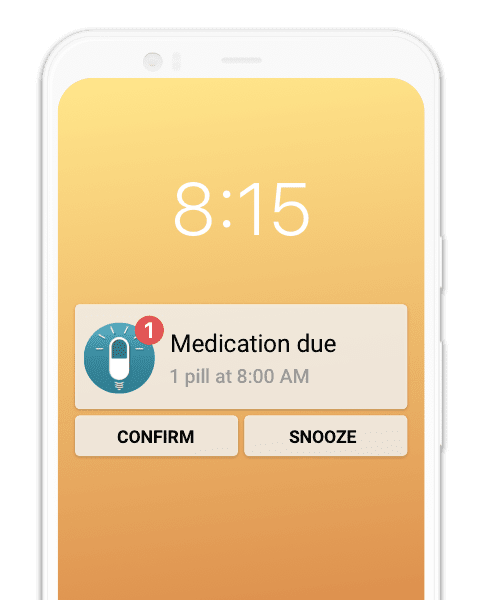In commemoration of World Hepatitis Day, which is recognized annually on July 28, people all around the world share advice. WHD (World Hepatitis Day) is the birthday of Dr. Baruch Blumberg (1925-2011), who discovered the hepatitis B virus in 1967. Shortly after, he then developed the first hepatitis B vaccine in 1969.
What is Hepatitis A, B and C?
Viral hepatitis is a group of infectious diseases known as hepatitis A, hepatitis B, hepatitis C, hepatitis D and hepatitis E, which cause both acute (short-term) and chronic (long-term) liver disease. Viral hepatitis causes more than one million deaths each year.
The most well-known forms — A, B, and C–are viral infections, as are hepatitis D and E. The virus can be spread in a multitude of ways, though it is most known through unprotected sex and the sharing of needles for illicit drug use. Food and drink can also spread the infection, particularly regarding hepatitis A.
What is Hepatitis A ?
Hepatitis A is a contagious liver infection caused by the hepatitis A virus. The virus causes inflammation and affects your liver's ability to function.
How is it transmitted?
Hepatitis A is usually contracted through:
- Unwashed produce
- Raw shellfish from contaminated water
- An infected food handler who didn’t wash their hands before preparing your meal.
Generally, the virus is spread through food or water that contains microscopic amounts of stool from someone who’s infected. Hepatitis A can also be spread and contracted through unprotected sex.
Symptoms of HAV:
- Stomach upset
- Diarrhoea
- High fever
It is important to avoid coming into contact with water that is contaminated with fecal matter. And it is recommended to take the vaccine shot, especially if you are travelling to a country where Hepatitis A is common, such as (Asia, South or Central America and Africa).
What is Hepatitis B?
Hepatitis B is a liver infection caused by the hepatitis B virus. In some cases, hepatitis B infection becomes chronic, which means that it can increase your risk of developing liver failure, liver cancer or cirrhosis — a condition that permanently scars the liver.
Adults who are diagnosed with hepatitis B can fully recover, it is among children that there is a higher chance of developing a chronic hepatitis B infection.
How is it transmitted?
Hepatitis B is usually contracted through:
- Unprotected sexual intercourse - the virus can infect you if the person's blood, saliva, semen or vaginal -
secretions enter into your body. - Sharing needles - the virus spreads through needles and syringes contaminated with infected blood.
- Mother to child. - Pregnant women infected with HBV can pass the virus to their babies during childbirth. However, the newborn can be vaccinated to avoid getting infected in almost all cases.
Symptoms of HPV:
Hepatitis B symptoms range from mild to severe and most commonly appear about one to four months after an individual has been infected.
- Abdominal pain
- Dark urine
- Joint pain
- Yellowing of your skin and the whites of your eyes (jaundice)
What is hepatitis C?
Hepatitis C is a liver infection caused by the hepatitis C virus. Hepatitis C can range from a mild illness lasting a few weeks to a serious, long-term illness.
How is it transmitted?
The hepatitis C virus is usually spread when someone comes into contact with blood from an infected person. This can happen through:
- Sharing drug-injection equipment.
- Mother to child
- Unprotected sexual intercourse with an infected person.
- Unregulated tattoos or body piercings - most commonly occurs in unlicensed facilities with non-sterile instruments
Symptoms of HCV:
- Stomach pain
- Dark urine
- Jaundice (yellow tint to your skin or eyes)
- Joint pain
- Vomiting
Debunking some myths of hepatitis
Myth 1: You shouldn't eat food prepared by someone with hepatitis. It may be contaminated and you can catch it
Fact : You may get hepatitis A from food prepared by someone with the disease, but only if proper hygiene is not maintained. It is important that hands are not washed properly before using the toilet and before preparing food. Hepatitis B and C are not transmitted by casual contact.
Myth 2 : You can’t get hepatitis C again
Fact : Though the chances of reinfection are predominantly low, it is possible to contract the virus again. This is why a person who has had hepatitis C should remain cautious. Risk factors such as sharing needles and sexual contact if there is exposure to blood can increase the risk of reinfection. Another risk factor is excessive alcohol consumption, this is due to the increase in a specific protein in the alcohol, which can cause the virus to replicate. That is the same protein also impacts hepatic inflammation.
Myth 3 : You can catch hepatitis from kissing someone
Fact : The chance of contracting hepatitis from kissing is extremely unlikely, as hepatitis B, C and D can only be spread through blood and bodily fluids (including semen and vaginal secretions). Hepatitis A is not spread through kissing, it is transmitted through fecal-oral contact.
Though it is believed that hepatitis B can be spread through deep kissing that involves the exchange of large amounts of saliva, and if there are cuts or abrasions in the mouth of the infected person.
Myth 4 : The vaccine to prevent hepatitis B has side effects and is harmful.
Fact : No. The vaccine gives protection against the hepatitis B virus, which is a major cause of serious liver disease, including scarring of the liver (cirrhosis) and liver cancer. It is recommended that all babies should be vaccinated to protect them against hepatitis B infection. The hepatitis B vaccine is generally given in 3 doses to new-born babies.
Side effects from the hepatitis B vaccine are very uncommon. Other than some redness and soreness where the injection was given, side effects are rare.
Raising Awareness
After debunking some myths, now we should have a better understanding of what hepatitis is and how we reduce transmission by remaining vigilant.
World Hepatitis Day is an opportunity to raise awareness of hepatitis. To further decrease the burden of all types of viral hepatitis, it is important to focus on actions such as raising awareness of the different forms of hepatitis and how they are transmitted.
Find out more about WHD and how you can get involved, click here
Take a look at some of the other posts on the MyTherapy blog:



